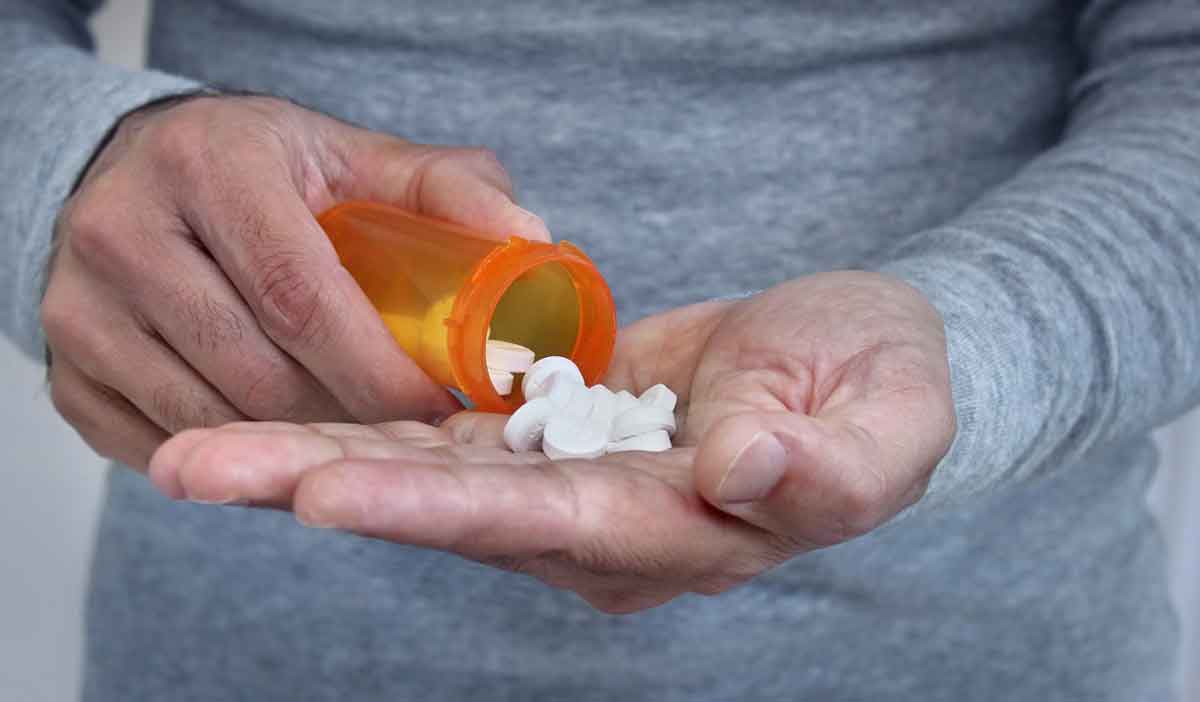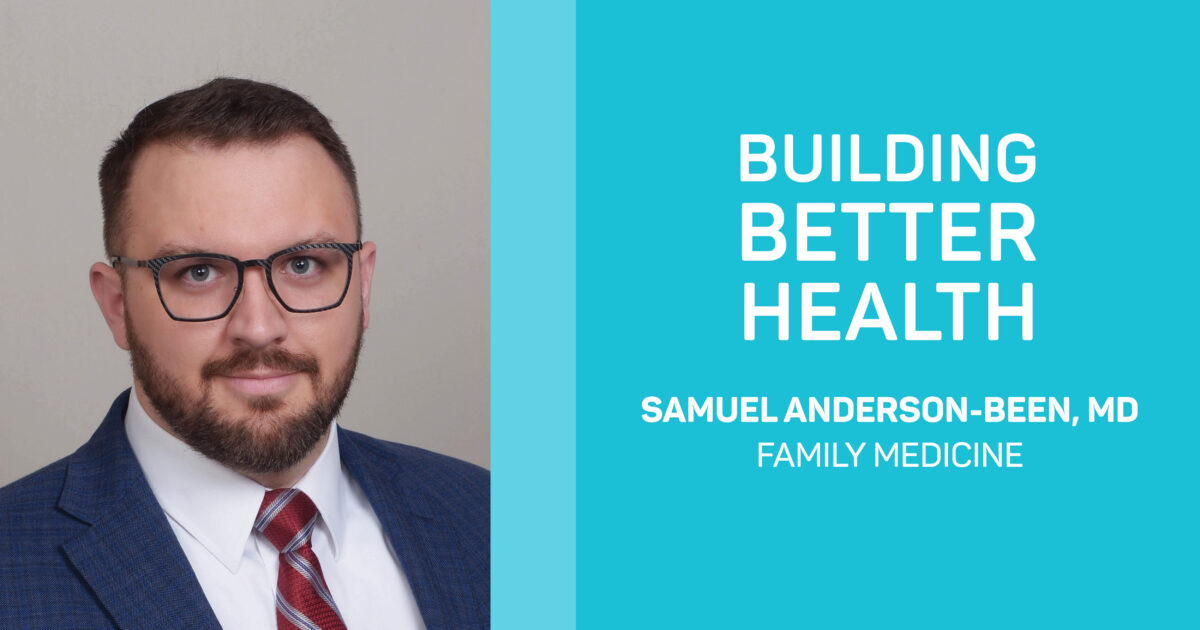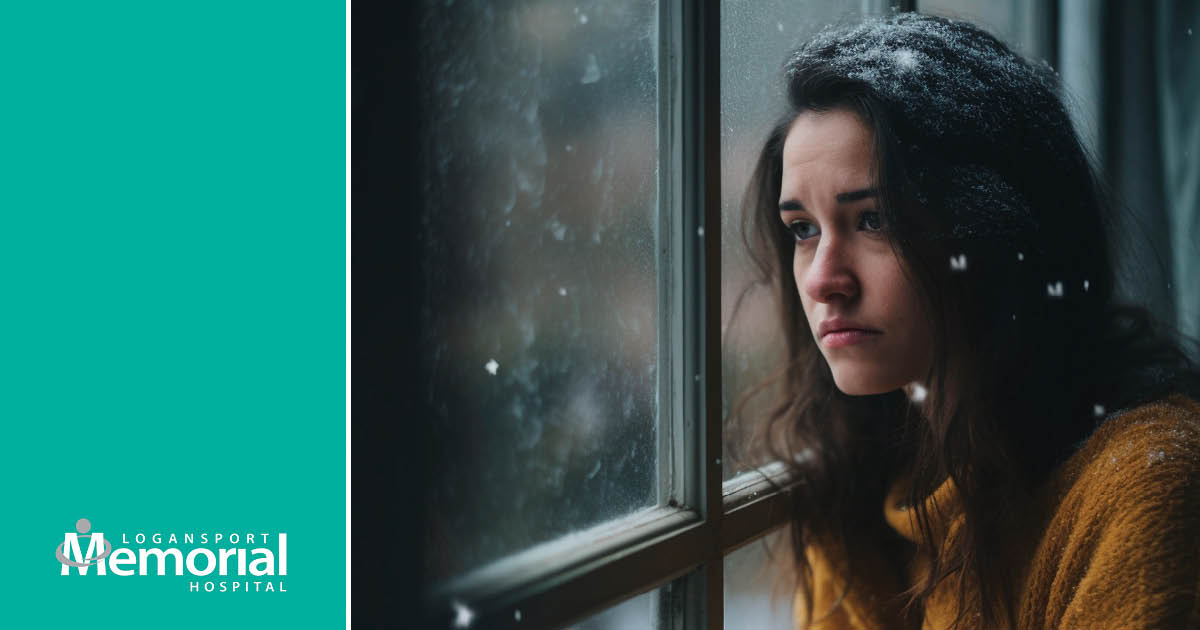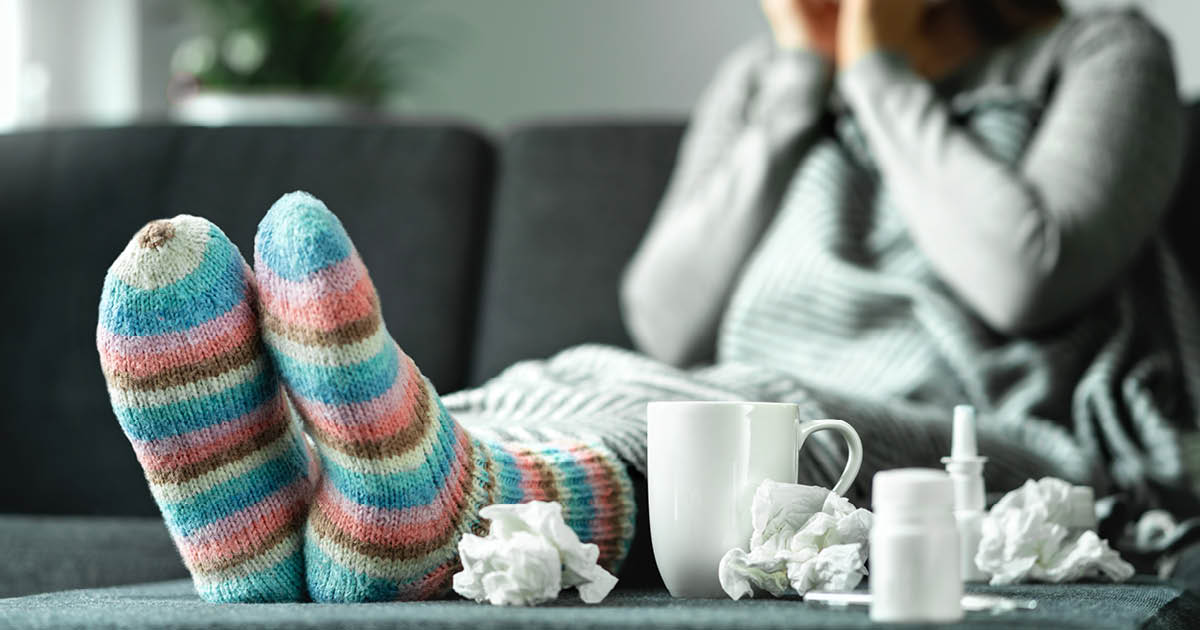The Medication Assisted Treatment (MAT) Program is one way to help those with opioid addiction recover their lives. There are three equally important parts to this form of of treatment, including medication, counseling, and support from family and friends.

The three parts of the MAT Program
Medication
The most common medications used in the treatment of opioid addiction are Buprenorphine and Methadone. Buprenorphine is prescribed by certified medical providers and is available at Logansport Memorial Hospital. This medication tricks the brain into thinking it is still getting the problem opioid. The person taking this medication feels normal, not high. Withdrawal does not occur, and cravings are reduced. Buprenorphine is administered when the patient experiences withdrawal symptoms.
Methadone is dispensed only at licensed centers.
People can safely take treatment medication as long as needed — for months, a year, or several years. Many people in treatment relapse one or more times before getting better and remaining drug free. Each relapse is a setback, but it does not mean failure. People who relapse can continue with treatment and achieve full recovery.
Naltrexone is another medication used to treat opioid addiction. It helps overcome addiction in a different way. It blocks the effects of opioid drugs. This takes away the feeling of getting high if the problem drug is used again. This feature makes Naltrexone a good choice to prevent relapse.
Support
It is very hard to go through recovery alone. Support from family and friends is very important. Love and encouragement can help a person make the decision to enter treatment and stick with it.
Counseling
Counseling is an important part of Medication Assisted Treatment. Counseling can provide encouragement and motivation to stick to treatment. Counseling can teach coping skills, ways to prevent relapse, and much more.
Through counseling, people learn about addiction as a disease. Counseling helps people learn how to make healthy decisions, manage stresses, and move forward with their lives in recovery.
Finding help at Logansport Memorial Hospital
The consequences of untreated addiction can be tragic for an individual, family, and community. Logansport Memorial Hospital has implemented a Medication Assisted Treatment (MAT) Program to help individuals suffering with an opioid addiction. A MAT program is a combination of psychosocial therapy and approved medication. It is the most effective intervention to treat opioid use disorder.
Opioid addiction is a chronic disease like heart disease or diabetes. A chronic brain disease is a medical condition that can last for a person’s entire life. However, by managing the addiction, a person can regain a healthy, productive life.
Most people cannot walk away from addiction. They need help. MAT saves lives while increasing the chances a person will remain in treatment, learn the skills, and build the network for long-term recovery.
Logansport Memorial Hospital’s substance abuse therapist will complete initial assessments, make recommendations, and continue ongoing one-on-one therapy. LMH has a partnership with Four County Counseling Center for additional counseling services such as intense outpatient counseling and recovery coaching.
Facts about opioids and the MAT Program
Opioid Use Disorder (OUD) is a disease and cannot be cured. It can, however, be managed with medication, counseling and support. The goal of Medication Assisted Treatment is to recover from addiction. It does NOT replace one addictive drug with another. It provides a safe, controlled level of medication to overcome the use of a problem opioid.
Examples of opioid medications include:
- Codeine – an ingredient in some cough syrups and in one Tylenol® product
- Hydrocodone – Vicodin®, Lortab®, or Lorcet®
- Oxycodone – Percocet®, OxyCotin®, or Percodan®
- Hydromorphone – Dilaudad®
- Morphine – MSContin®, MSIR®, Avinza®, or Kadian®
- Propoxyphene – Darvocet® or Darvon®
- Fentanyl – Duragesic®
- Methadone
Opioid overdose prevention with medication
Naloxone (Narcan) is a medication used in MAT to reverse opioid overdose. When you are prescribed opioids, you have the right to have a Naloxone prescription from your medical provider. Narcan is a nasal spray and can be used by a non-medical professional to reverse an overdose caused by opioids.
If you suspect you or someone you know is having an overdose, call 911 immediately. Even if you use Narcan on someone, you still must call 911 to get the patient proper medical care.
What does an opioid overdose look like?
- Confusion
- Seeming “drunk”
- Vomiting
- Pinpoint pupils
- Extreme drowsiness
- Unable to wake
- Very slow/irregular breathing or other breathing problems
- No breathing
- Blue or clammy skin
- Loss of consciousness
Joining the MAT Program
Direct referrals to the program can be made by calling (574) 725-3468. For more information from one of our providers, watch this video.
You might also like:
- How to eat the right foods to fuel your body
- Easy ways to improve your health
- What happens to your body when you stop smoking?




